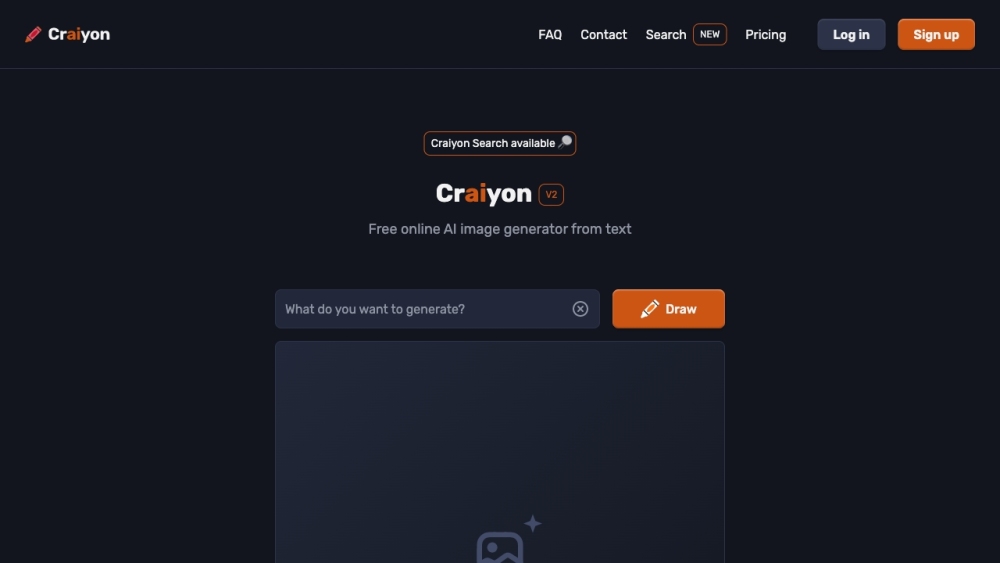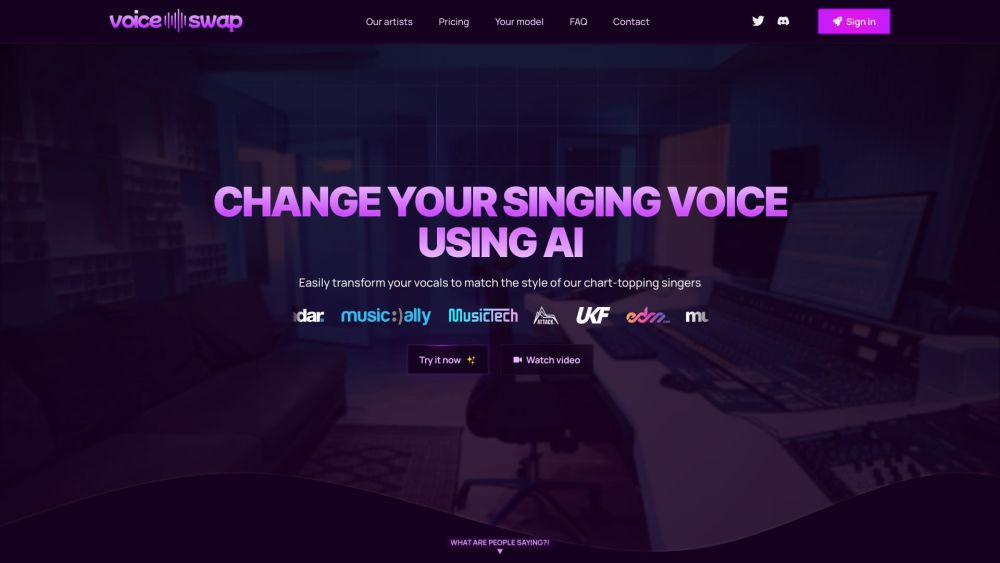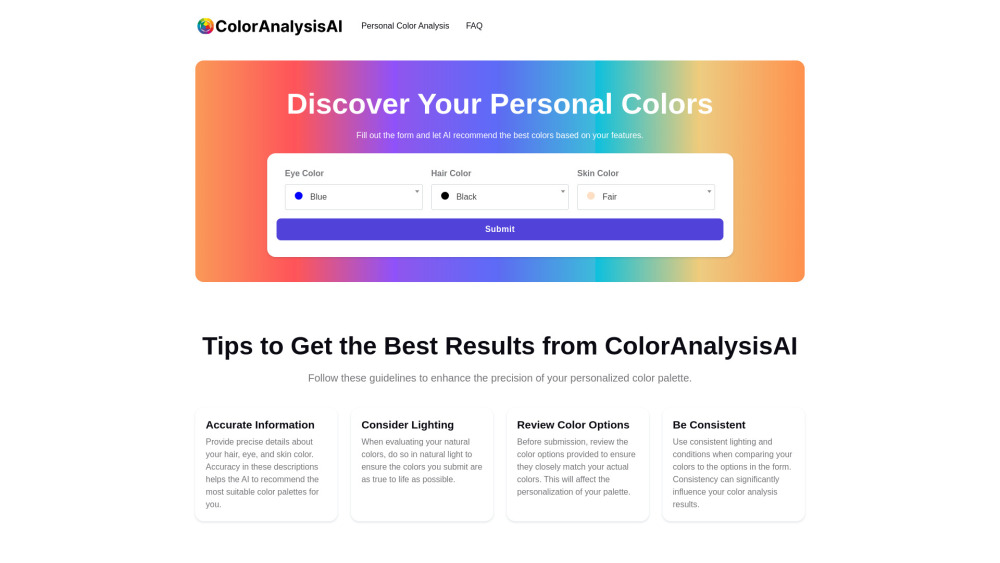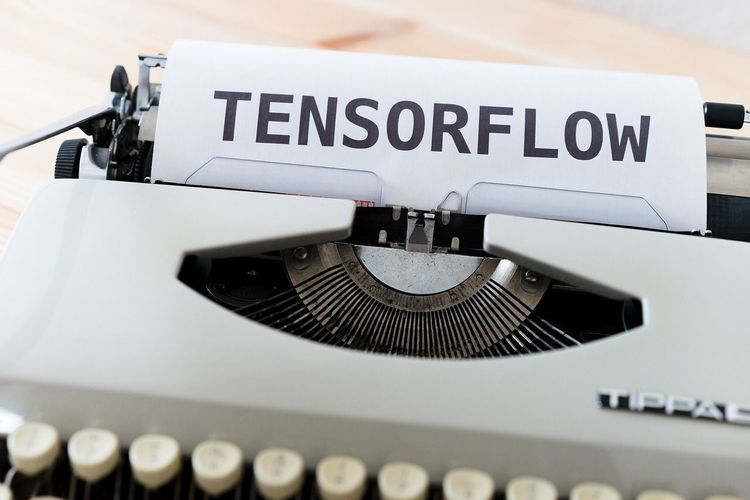Bill Gates Praises OpenAI Visionary for Unveiling an AI Education 'Treasure Map'
Most people like

Previously known as DALL·E mini, Craiyon is the new kid on the tech block and the best AI art generator (in our community’s words!). The brainchild of our CEO, lead researcher, and AI hero, Boris Dayma, Craiyon is a free AI image generator that’s painting a new generation for the AI art revolution through our own model.

Introducing Voice-Swap: an innovative AI tool designed for seamless voice transformation. Perfect for remote collaborations and delivering lifelike demos, Voice-Swap empowers users to enhance their projects with stunning audio versatility.

MakeLanding revolutionizes the way you create landing pages with its advanced AI technology. Effortlessly design stunning pages that captivate your audience—no designers or developers required. Unlock the potential of your online presence today!

Discover personalized AI color palette recommendations tailored to your unique features! By analyzing your inherent traits, our innovative technology suggests colors that not only complement your appearance but also enhance your personal style. Say goodbye to guesswork and embrace a wardrobe that reflects your individuality with our expert AI-driven color insights.
Find AI tools in YBX


